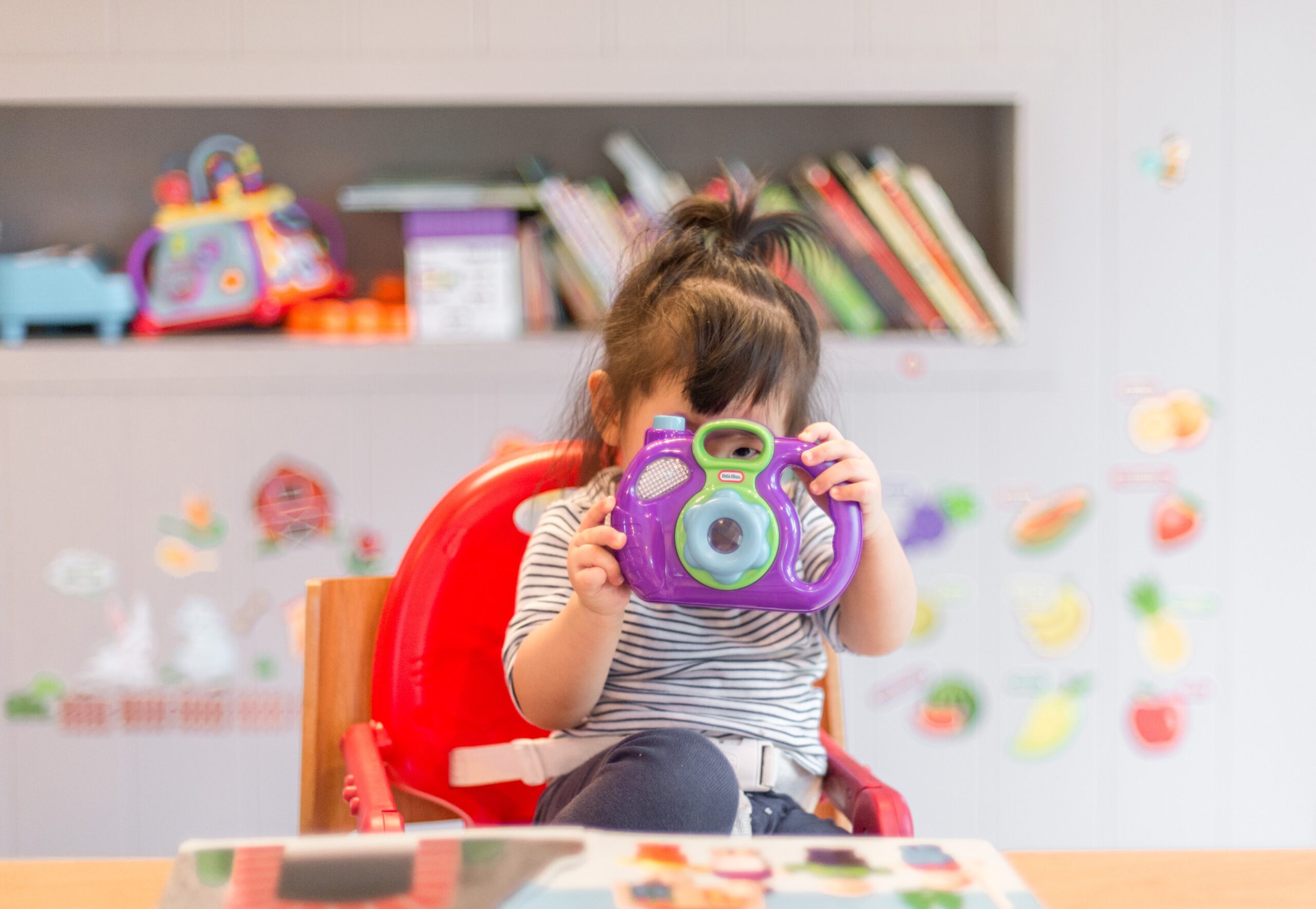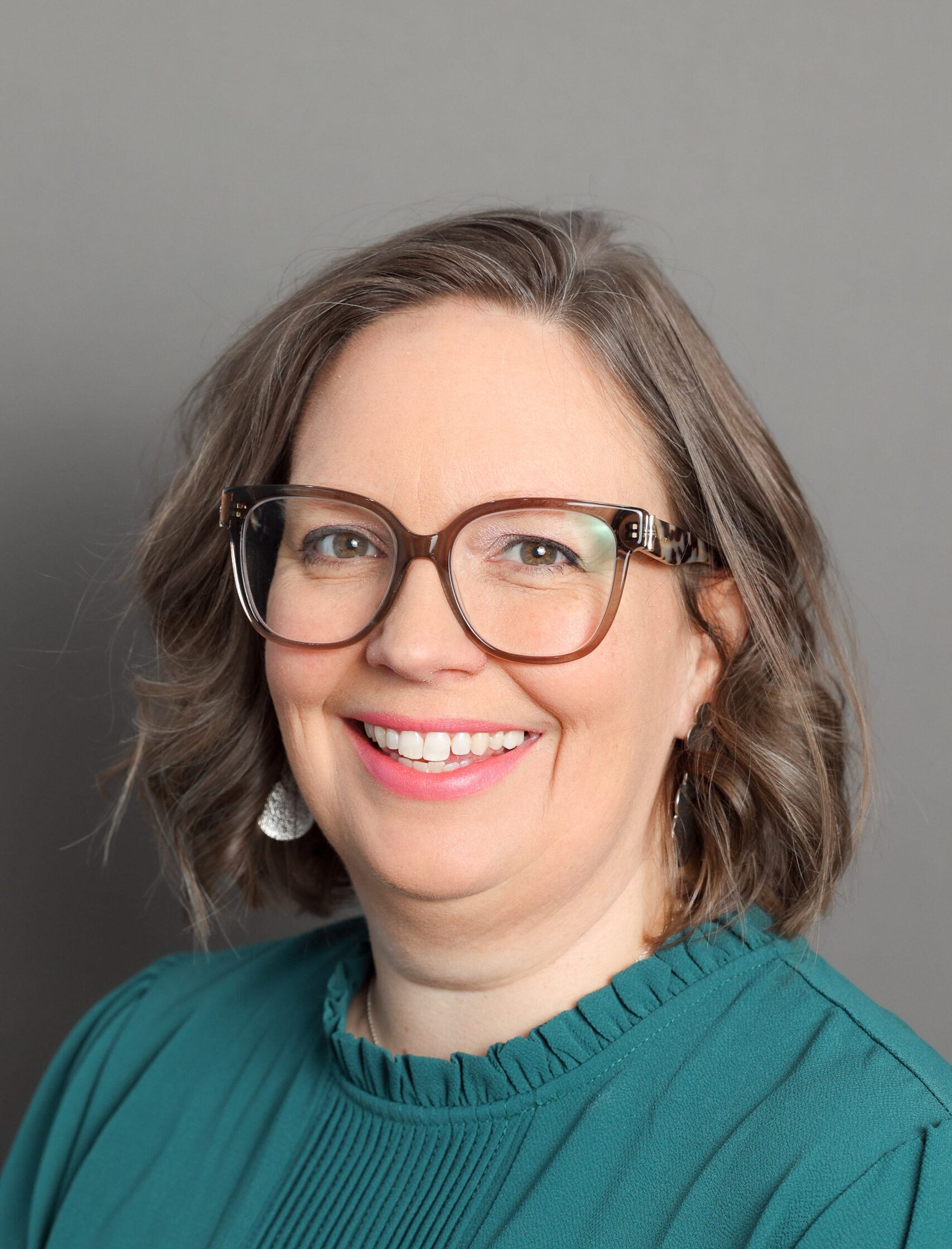Why child care is essential for equitable disaster recovery

One area that often gets too little attention after a disaster is children, specifically, child care for birth to school-age.
During the recent fires in Hawaii, initial estimates from PATCH, Hawaii’s designated Child Care Resource & Referral Agency, indicate 11 licensed child care programs were closed, a loss of 266 spots based on the licensed capacity. The closures directly impacted 47 staff members who worked in these programs.
These numbers don’t take into account other types of child care, such as family, friends and neighbor care, which were also likely affected. The rippling impacts of this child care loss on children, families and caregivers will continue. And as the communities continue to respond and move towards recovery, child care will be a critical need.
The faces and needs
Considering the needs of children, caregivers and child care providers after a disaster is essential for equitable recovery. When child care options, already limited by affordability, availability and staffing shortages, are reduced, many parts of the community are affected.
Children: The circumstances in which a child lives, plays and learns influences their physical and emotional health as they grow. Disasters disrupt routines, isolate children from caregivers and may lead to or exacerbate unstable or unsafe conditions at home. Children need safe, stable practices to be re-established as quickly as possible. They need psychosocial support along with supplies to meet their physical needs.
Parents and caregivers: The economic recovery of households and communities depends on wage-earners’ ability to return to work. Parents and caregivers cannot return to work if their children are not cared for. The reopening of child care and schools is essential.
Parents and caregivers also need psychosocial support. They may need access to mental health professionals, connection to other disaster recovery mechanisms in the community, information about how to help their children, and other types of physical support.
Child care providers: Child care programs must be reopened as quickly as possible after a disaster and standards for licensing and safety need to be met. In many cases, staff have lost homes, transportation or family members. They are also worried about the children and families they care for, as they often are a trusted partner for parents and caregivers and become problem solvers for families’ physical and emotional needs.
Child care providers also need mental and material support, including wage replacement, training in supporting children and families after traumatic events, and loss and wellness support for themselves as they cope with the ongoing effects of the disaster.
How CDP helps
Addressing the needs of children after a disaster is an explicit part of our vision for the CDP Midwest Early Recovery Fund and is included in our ongoing discussions, advocacy and grantmaking model for equitable recovery.
We have previously funded organizations at the community and national levels that focus specifically on child care needs. Funding for children’s needs is often also included in many of our grants that support disaster case management, recovery coordination and mental health. In each instance, we listen closely to the community and experts and seek to fund gaps, including material and facility replacement, training and education, and staff wellness and capacity. Here are a few examples of our funding for child care recovery.
- Child Care Aware of America (CCAoA) received $250,000 from the CDP COVID-19 Response Fund to rapidly support child care providers in areas of the U.S. with the most immediate need and to provide direct aid to those geographic areas entering phased recovery. Specifically, CCAoA provided education, equipment and training, along with mapping and other preparations to support future hot spots across the country by offering subgrants to purchase supplies or enhanced services support for child care providers.
- Hawkeye Area Community Action Program, Inc. (HACAP) received a $35,000 grant from the Midwest Early Recovery Fund to provide derecho recovery assistance to child care providers in Linn and Benton Counties in Iowa following the 2020 derecho. Funding included small grants for the replacement of materials and training for disaster preparedness and psychosocial support of children.
- Seeley Lake Community Foundation received a $49,660 grant from the Midwest Early Recovery Fund to fund programs for children and their caregivers and age-appropriate mental health services for children in response to wildfires in Montana.
Recommendations for funders
- Trust the experts. Local Child Care Resource & Referral (CCR&R) agencies can help people understand the child care landscape in their community, region or state. They can connect families with quality child care options, serve as hubs for training and support for providers, and be a conduit for funding and resources.” – Holly Nett, Director of Child Care Emergency Partnerships, Child Care Aware of America.
- Fund psychosocial support. This should include support for children, caregivers and providers. It may include additional staff or resources to support children’s behavioral concerns, training and education for adults and providers on the psychosocial needs of children post-disaster, access to licensed mental health professionals, grief and loss circles, or other avenues.
- Fund material and facility replacement. Providers need flexible funding that they can utilize to replace spaces and fences, playground equipment, and classroom equipment and supplies as needs emerge. Some providers need assistance paying insurance deductibles, replacing vans or transportation, or paying rent on temporary facilities.
- Fund wage replacement and staffing for the future. Many child care programs already struggle to retain competent, trained staff; after a disaster, these staff will find other jobs if they are not supported. Funding wage replacement for workers and employee assistance programs can address some of the needs. Funders can also address the root causes of the lack of child care staff and consider how supporting education, livable wages and health insurance can maintain and sustain this essential workforce.
- Remember that all funders are disaster funders. The multi-dimensional needs after the disaster intersect with numerous funding priorities. Equitable recovery requires all of us as funders to reduce risk, address root causes and meet recovery gaps. Funders interested in children, families, child care and thriving economies are needed in the disaster recovery.
As funders, we must see beyond the noise and the headlines and listen to the community’s needs. It’s also essential that we take a holistic approach to disaster recovery that includes understanding the multiple dimensions of disaster impact and highlighting those areas, like child care, that often get overlooked in the larger narratives. For Maui and all communities impacted by disaster, the recovery of child care and services for children is essential to equitable recovery.
